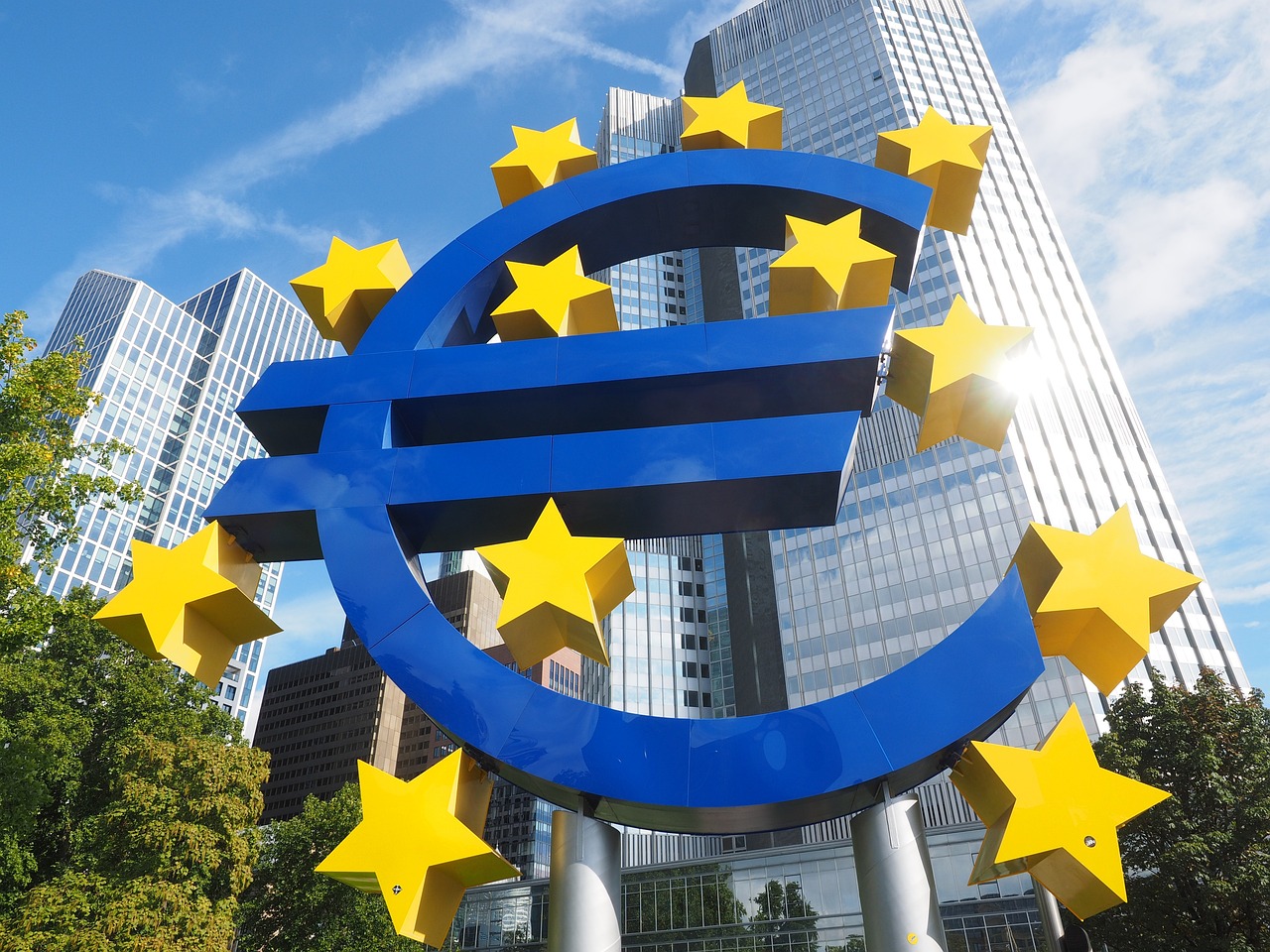An artificial Intelligence (AI) robot will advise a defendant in the US for the first time in history in February. The historic case will give us a glimpse into AI lawyering capabilities, and whether today’s lawyers should be worried.
The AI is an app-based algorithm developed by DoNotPay, a US company which aims to make legal information and self-help accessible to everyone. Through an earpiece connected to the defendant’s smartphone, the AI will advise the defendant what to say after it listens to arguments presented during the hearing. The case is about a speeding ticket.
The company told Gizmodo that, the AI was trained extensively not to lie, or stray beyond the provided facts, to avoid lying under oath in the courtoom. “We like to take risks,” said the company’s CEO, Joshua Browder.
Since this is an experiment, the company assured that it will cover any fines or fees the defendant incurs if the AI malfunctions or loses the challenge.
It is reasonable to be sceptical of the AI’s ability to take the place of a lawyer, however, AI was already found to have outperformed lawyers when it came to analysing risks within non-disclosure agreements (NDAs).
It is likely just a matter of time until AI legal services spread worldwide, especially if more companies take on daring experiments in the field, normalising the practice.
In Malta, there is little regulation in anticipation of such a phenomenon disrupting legal practice. However, with lawyers being fairly well represented among the country’s lawmakers, the Prime Minister being one himself, it will be worth noting whether the Government will look to embrace or push back against this innovation.
What may be to the advantage of local legal industry is that, the language of Malta’s courts is Maltese, bar a few exceptions where English is allowed. Therefore, for this technology to be useable within Malta’s legal system, AI would have to familiarise itself with the intricacies of the Maltese language and respective legalese. Given that it’s a relatively niche language, there are fewer resources in the public the domain for AI to learn from. In other words, local lawyers have less to worry about than their friends in the anglosphere.
US tariffs force EU to slash growth forecasts as trade war fears grow
Global trade tensions, particularly US tariff policies, have cast a shadow over Europe’s economic prospects
Hotels, restaurants, and plenty of exposure: The economics of hosting Eurovision
Previous hosts reported benefits way after the end of Eurovision
Unlikely EU will get rid of all US tariffs and is prepared for retaliation
The latest in the on-going trade disputes between the two major economies






